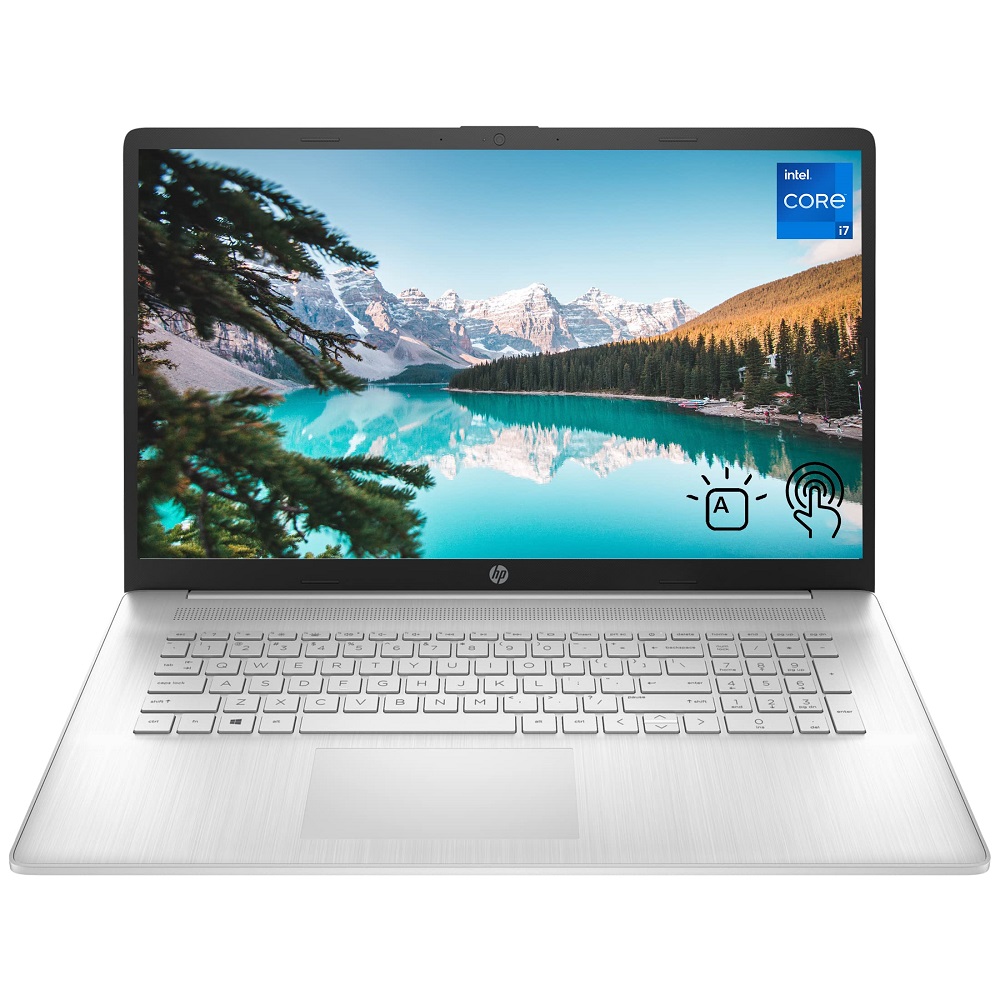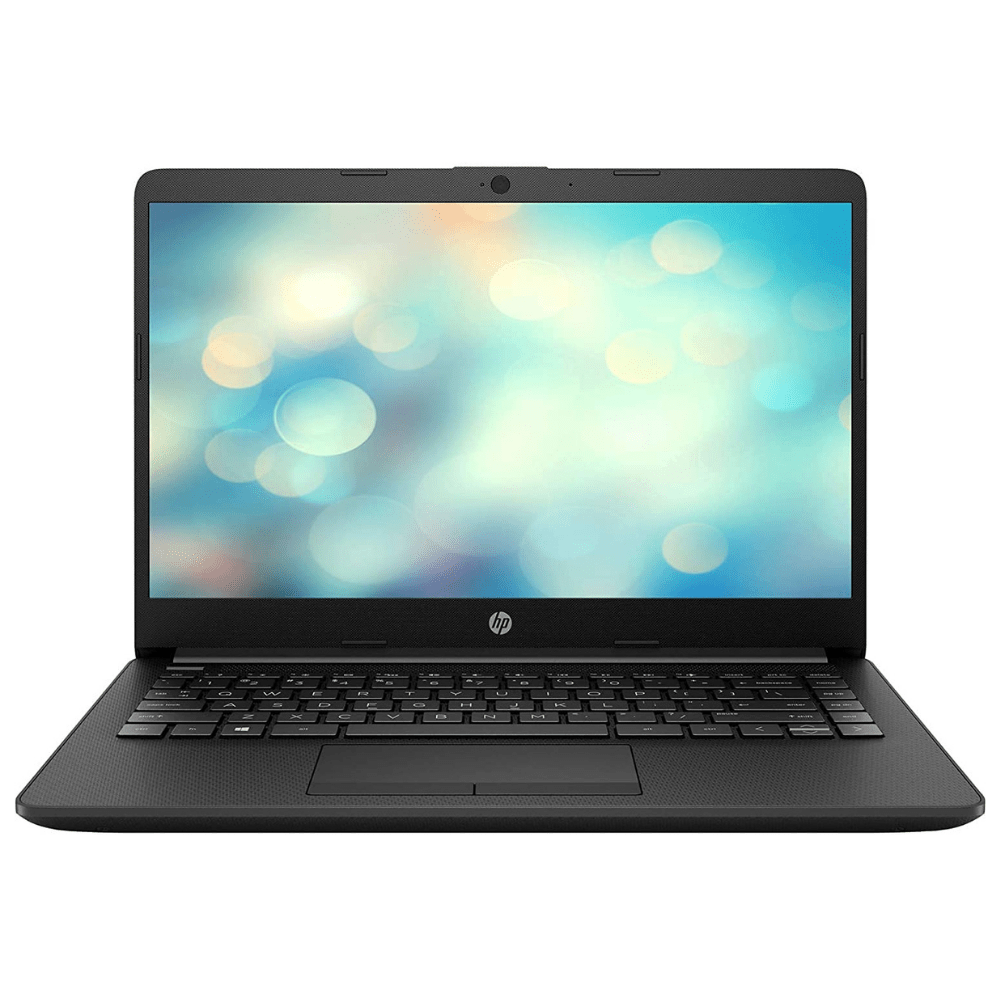HP Intel Core i7 desktops are renowned for delivering top-tier performance and reliability. Designed for everything from gaming to professional workloads, these desktops can handle almost any task you throw at them. However, to get the most out of your HP Intel Core i7 desktop, it’s essential to understand its features, optimize its settings, and maintain it properly. In this article, we will delve into how to maximize the capabilities of these powerful machines.
Performance Optimization
Understanding Processor Power
The Intel Core i7 processor is the heart of your HP desktop, offering a blend of performance and efficiency. With multiple cores and high clock speeds, it excels in multitasking and demanding applications. Whether you are editing videos, running simulations, or gaming, the Intel Core i7 processor provides the needed horsepower.
Make sure your software can take full advantage of multiple cores. Many applications, like video editors and 3D rendering tools, have settings to use all available cores. Optimizing software settings can significantly improve performance.
Upgrading RAM
While the Intel Core i7 processor is powerful, pairing it with adequate RAM is crucial. For most tasks, 16GB of RAM is sufficient. However, for high-end tasks like video editing or complex data analysis, 32GB or more can make a noticeable difference.
Check your desktop’s current RAM and consider an upgrade if you frequently encounter slowdowns. Upgrading RAM is one of the easiest and most cost-effective ways to boost performance.

Storage Solutions
SSD vs. HDD
Storage type greatly impacts your desktop’s speed and responsiveness. Solid State Drives (SSDs) are much faster than traditional Hard Disk Drives (HDDs). Boot times, load times for applications, and file transfers are significantly quicker with an SSD.
Consider using an SSD for your operating system and frequently used applications for optimal performance. Use an HDD for additional storage to keep costs down. This hybrid approach provides a balanced solution, combining speed and storage capacity.
Managing Storage Space
Keeping your storage organized and free of clutter ensures better performance. Regularly delete unnecessary files and uninstall unused applications. Use built-in tools like Disk Cleanup and Defragmenter, or consider third-party utilities for maintaining optimal storage health.
Storing files in an organized manner also helps. Create a logical folder structure to make finding files easier and quicker. Good storage management practices enhance the overall efficiency of your desktop.
Cooling and Maintenance
Effective Cooling Solutions
Maintaining optimal temperatures is crucial for the longevity and performance of your HP Intel Core i7 desktop. Use efficient cooling solutions like liquid cooling systems or high-quality air coolers. These systems can effectively dissipate heat and keep your processor operating within safe temperature ranges.
Regularly clean the desktop’s interior. Dust accumulation can impede airflow and cooling efficiency. Use compressed air to remove dust from fans, heat sinks, and other components. Proper cooling solutions and regular cleaning prevent thermal throttling and maintain performance.

Regular Updates and Upkeep
Keeping your operating system and drivers updated ensures compatibility and optimal performance. Regular updates can address bugs, security vulnerabilities, and improve overall system efficiency. Enable automatic updates for the operating system and critical drivers to stay current.
Run maintenance tasks like disk checks and system scans periodically to identify and resolve potential issues. Regular upkeep and timely updates help keep your system running smoothly and efficiently.
Networking and Connectivity
Optimizing Internet Speed
A fast and stable internet connection is essential for activities like online gaming, streaming, and remote work. Ensure your network hardware, like routers and modems, supports high-speed internet. Position your desktop close to the router or use wired connections for stable speeds.
Consider upgrading to a modern Wi-Fi standard, like Wi-Fi 6, for better speeds and reliability. Use network optimization tools to manage bandwidth allocation and reduce latency. Effective network setup and management enhance your internet experience.
Peripheral Connections
Maximize your HP Intel Core i7 desktop’s capabilities by using the right peripherals. High-resolution monitors, mechanical keyboards, high-DPI mice, and other peripherals can significantly improve productivity and comfort.
Ensure your peripherals are compatible and optimized for your desktop. Keep drivers updated to avoid compatibility issues and take full advantage of peripheral capabilities. High-quality peripherals complement your desktop’s performance and enhance the user experience.
Software Utilization
Productivity Software
Take advantage of productivity software to enhance your workflow. Tools like Microsoft Office, Adobe Creative Suite, and various professional software can leverage the processing power of the Intel Core i7. Use task management and collaboration tools to streamline your projects and improve efficiency.
Explore software-specific optimizations and settings that can harness the full potential of your hardware. Customizing software settings can lead to better performance and more efficient use of resources.
Multimedia and Gaming
Utilize your HP Intel Core i7 desktop for multimedia and gaming purposes. Use media editing software like Adobe Premiere Pro and DaVinci Resolve to edit videos and create content. Enable hardware acceleration and optimize software settings for better performance.
For gaming, use platforms like Steam and Epic Games Store to access a wide variety of games. Adjust game settings to balance performance and visual quality. Effective software utilization unlocks the full multimedia and gaming potential of your desktop.
Security and Backup
Implementing Security Measures
Your desktop’s performance is only as good as its security. Use reliable antivirus software and regularly scan your system for threats. Enable firewalls and keep your operating system updated to protect against vulnerabilities.
Consider using VPNs for secure internet connections, especially on public Wi-Fi. Regularly review and update passwords for critical accounts. Strong security measures protect your data and ensure system integrity.
Regular Backups
Regular backups are essential for data safety. Use external drives or cloud storage for backing up critical files. Schedule regular backup tasks and ensure they are completed without fail.
Automate backups where possible to save time and ensure consistency. Regular backups protect against data loss and help quickly recover from hardware failures or security breaches.
Advanced Customization
BIOS and Firmware Tweaks
For those who like to delve deeper into their system’s capabilities, tweaking BIOS settings can offer advanced performance enhancements. Accessing the BIOS allows you to manage aspects such as memory timings, CPU overclocking, and fan speeds. While overclocking can boost performance, it should be done cautiously to avoid overheating and potential damage. Make sure you have adequate cooling and understand the risks involved.
Regularly updating your firmware can also resolve any bugs and improve hardware compatibility. Manufacturers like HP often release BIOS updates that can enhance system stability and performance. Always back up your current settings before making changes.
Custom Cooling and Lighting
Customizing the cooling setup can yield significant improvements in performance. Consider installing additional case fans or opting for liquid cooling systems if you frequently run demanding applications. Enhanced cooling not only increases performance but also extends the lifespan of your components.
For those who enjoy a bit of flair, installing RGB lighting can personalize your setup. Many modern HP desktops come with support for RGB lighting, which can be synchronized with other peripherals. This customization doesn’t necessarily improve performance, but it can make your workspace more enjoyable.
Utilizing Virtualization
Running Virtual Machines
With the power of an Intel Core i7 processor, you can efficiently run virtual machines (VMs). This is particularly useful for developers, IT professionals, or anyone needing to test multiple operating systems. Software like VMware, VirtualBox, or Microsoft’s Hyper-V can help create and manage VMs on your HP desktop.
Running VMs requires significant CPU and memory resources, so ensure you have ample RAM and a robust processor to handle the load. Configuring your system for virtualization can enhance productivity by allowing you to test software in isolated environments without affecting your main operating system.
Docker and Containerization
Another advanced usage scenario is leveraging containerization platforms like Docker. Containers offer lightweight, isolated environments for running applications, making them ideal for developers and system administrators. Intel Core i7 processors have the power and efficiency to handle multiple containers simultaneously.
Conclusion
HP Intel Core i7 desktops offer a powerful and versatile computing experience. By understanding key features, optimizing performance, and following best practices for maintenance and security, you can unleash the full potential of your desktop. Whether you’re using it for professional tasks, gaming, or everyday computing, these tips and strategies will help you get the most out of your HP Intel Core i7 desktop.
Maximize performance, efficiency, and longevity by implementing these guidelines. Your HP Intel Core i7 desktop is a significant investment, and with proper optimization, it will serve you well for years to come. Enjoy a seamless and powerful computing experience tailored to your specific needs.


